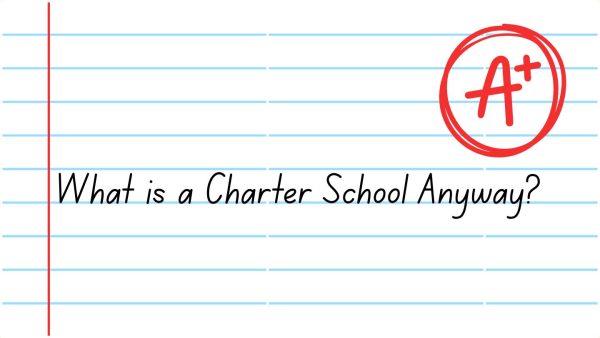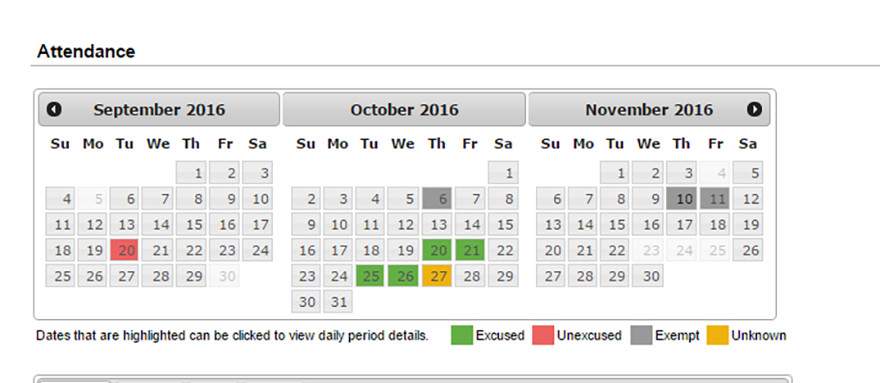School cracks down on attendance
On Feb. 20, administration made the decision to continue to uphold the previously neglected attendance policy. The policy changes the communication system between parents and teachers in regards to unexcused absences.
The previous policy was to notify parents after one unexcused absence, though it was never strictly upheld. After three consecutive unexcused absences, a message was sent to parents informing them. However, the new system will automatically notify parents after a single unexcused absence. Although many teachers have not specifically spoken about the change, Psychology teacher Jesse Dowell informed each of his classes about the change, and felt concerned by many students’ reactions. “Some [students] gave off a sense that they should be able to skip whenever they please, and not have any repercussions for these actions,” Dowell said. “This bears very little resemblance to any situation they will encounter after they leave JHS.”
Although Dowell finds some of the students’ reactions concerning, he does empathize with those opposed to the policy being reinforced. “I understand the frustration of essentially not having a policy for two-and-one-half years and then having one forced upon them,” Dowell said.
Andrew Spaulding, ’18, has issues with the policy. “I find it unnecessarily harsh,” Spaulding said. “You shouldn’t get a phone call home for skipping one period, especially if it’s a class like study hall.”
Several people do think that there are better ways to prevent skipping than the current system. “There should be a more understanding system to help against mistakes, such as being counted absent when you were actually tardy,” Spaulding said. “Absences happen from time to time, and it’s not always due to skipping.”
Despite Dowell getting frustrated with students who skip class, he does think the policy could be amended in the future to be more effective. “A policy that uses reinforcement may work better than one that is based on punishment,” Dowell said. “I would hope that admin and faculty would welcome open dialogue from students and parents about how to make the best policy possible.”

Nick Irwin is a senior and has been on staff for two years. He's always tired, he's far too awkward, and he puts more thought into works of fiction than...






